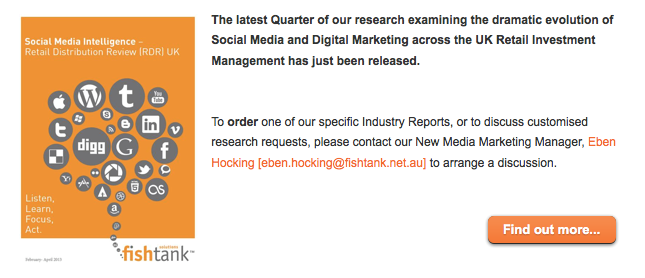Corporate inertia and more stringent regulators are stifling asset management innovation but this is also making firms tighten up product launches, a Create Research study says.
Professor Amin Rajan, of Create Research, says the asset management industry did not make the transition from boutique industry to globalised corporates well enough.
“For a long time, asset management was a craft business with a strong culture of individualism based on a reservoir of talent,” he says.
”However, as it expanded its global footprint in the last decade, industrialisation became inevitable. The ensuing process disciplines have proved alien to the long-prevailing cottage industry mindset, giving rise to a ‘permission’ culture, silo working and petty turf wars.”
But in the past few years the industry has started using more robust approaches to product development, like those used by manufacturers such as Toyota and Apple, rather than simply copycat products.
There are 70,000 share classes in the global fund universe, but virtually all net cash flows flow into just 185 of them, he says.
Russell Investments chief executive Pascal Duval adds: “Investors have followed past performance blindly to such extremes that almost 100 per cent of flows go into top star funds, giving the industry a blockbuster culture. As we know, a ‘winner takes all’ industry leads to a ‘one size fits all’ business model, which is doomed to fail both clients and manufacturers.”
The asset management industry is too crowded and “the harsh truth” is few managers will thrive in the coming years, Duval says.
Most innovation is likely to come from regulatory changes, demand for blockbuster products, the switch to defined contribution pension plans, ageing populations and the fall out from greater volatility, the report shows.
The report, Upping the Innovation Game in a Winner Takes All World, is based on a survey of 223 asset managers, running a combined $13.4trn (£8.31trn), followed by interviews with 50 of the participants.
Source: Fundweb. Read full article here.
The Create Research study can be downloaded here.
